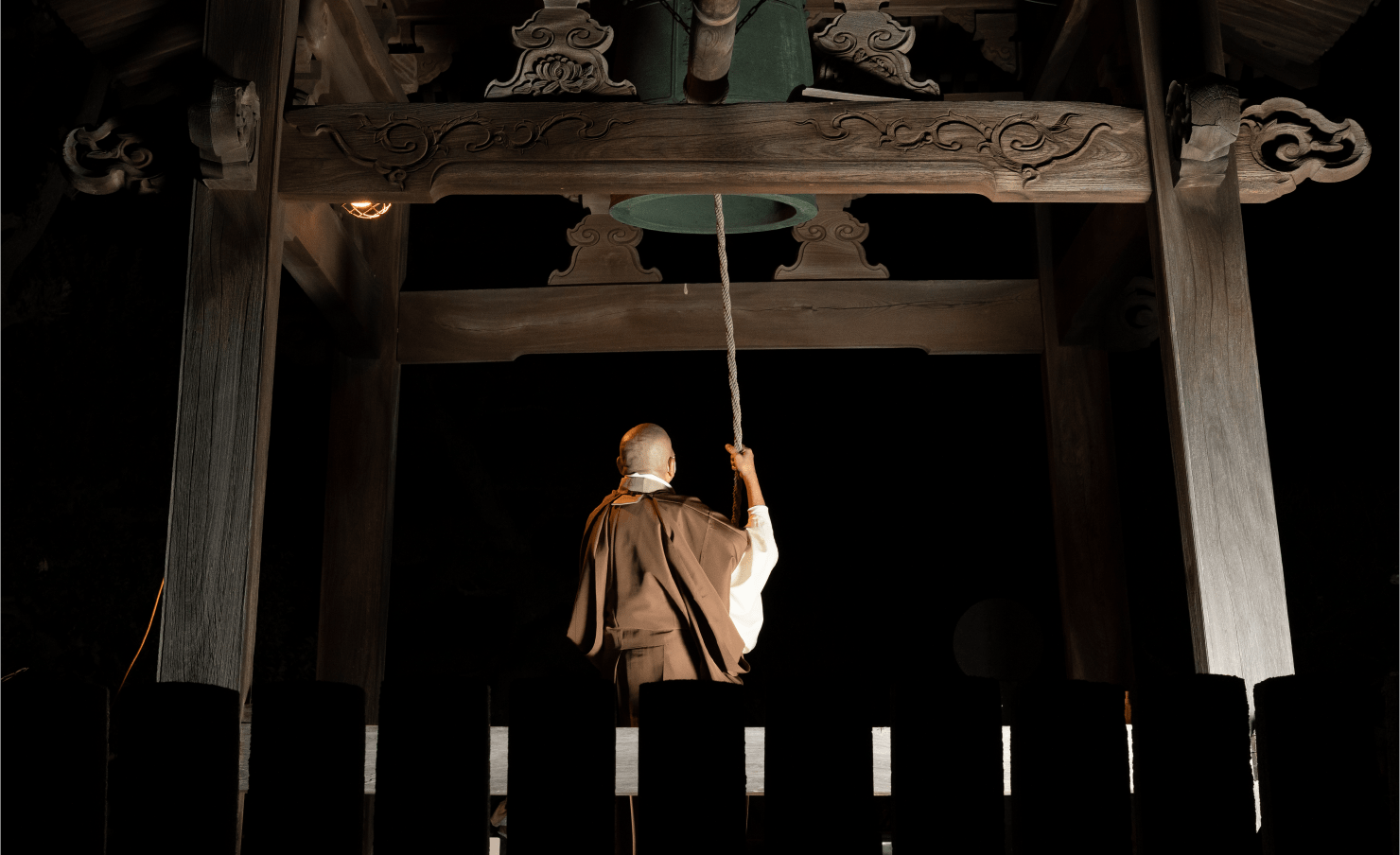Is it busy or closed during the last week of Dec and 1st week of Jan?
Discover holiday hours for businesses and travel tips during the festive season. Plan ahead to ensure a smooth shopping and travel experience.

Is Japan Busy or Closed During the Last Week of December and First Week of January?
If you’re planning a trip to Japan around New Year’s, you’re probably wondering what it’s like in terms of crowds and whether shops and restaurants will be open. From my own experience living here and traveling to the countryside every year during the New Year holiday, here’s the honest scoop.
About 20 years ago, almost everything basically shut down during the New Year period. It was a really quiet time, with shops, restaurants, and businesses closing for a full break. But these days, Japan is a bit different. I’d say around 70% of shops and restaurants stay open during the New Year holiday now. Department stores and individual, family-run restaurants are more likely to close, especially outside big cities.
One big tip if you want to eat out in rural areas during New Year’s: many small countryside restaurants don’t have websites or online info, and they often close without any public notice. When I visit my family’s hometown every year, I find that maybe only 1 in 10 restaurants are open during that time. So it’s essential to call ahead or make a reservation if you’re planning to dine somewhere outside the city.
As for crowds, Japan during New Year isn’t “busy” in the way you might expect from a holiday season in other countries. It’s actually quite calm and quiet. Most people stay with their families in the countryside or visit shrines for the New Year’s prayers. But if you’re traveling by Shinkansen (bullet train) in late December, be aware that trains can get very full because a lot of people are heading home to their hometowns. Booking your train tickets early is a must.
What if I want to visit a popular tourist spot during New Year? Will it be crowded?
Most famous temples and shrines can be crowded on New Year’s Day itself because many Japanese people visit them for “hatsumode” (the first shrine visit of the year). But after the first couple of days, crowds thin out considerably. If you want a quieter experience, avoid January 1-3. For example, Tokyo’s Meiji Shrine or Kyoto’s Fushimi Inari get packed early in the day on January 1, but feel peaceful by January 4 or 5.
How do Japanese people usually spend New Year’s if many shops are closed?
New Year’s is traditionally a family holiday, so most Japanese people spend it at home or visiting relatives in the countryside. It’s a time to relax, eat special New Year’s food called “osechi,” and watch TV specials. Since many shops are closed or quieter, people don’t go out shopping much during those days. The atmosphere around town is calm and reflective, quite different from the usual hustle and bustle.
Are convenience stores open during New Year’s?
Yes! Convenience stores like 7-Eleven, Lawson, and FamilyMart usually stay open 24/7 even during New Year’s. They’re a lifeline for residents and travelers alike, offering food, drinks, and basic necessities when other shops are closed. So if you’re worried about finding snacks or drinks, convenience stores are your best bet.
What about public transportation during New Year’s?
Local trains and buses generally run but with limited schedules on January 1-3. Shinkansen trains are very busy in late December as people travel home, so booking early is key. After January 3, schedules return to normal and trains are less crowded. Keep in mind some rural buses or local services may reduce frequency, so check ahead if you’re venturing off the beaten path.
Is it hard to find places to eat in the countryside during New Year’s?
Yes, it can be tricky. Many small local restaurants close for the holiday, especially without any online notice. When I visit my family’s hometown, I often prepare food in advance or rely on convenience stores. If you plan to eat out in rural areas during New Year’s, calling the restaurant ahead or making a reservation is really important. Otherwise, you might find everything closed.
In short, New Year’s in Japan is a special time when many locals slow down, reconnect with family, and enjoy quieter days. It’s not busy like in many Western countries’ holiday seasons, but it requires some planning—especially if you want to travel or eat out outside big cities. Booking trains early and checking restaurant hours can save you headaches. And don’t hesitate to embrace the calm atmosphere—it’s a unique chance to see a different, more relaxed side of Japan.



Comments ()